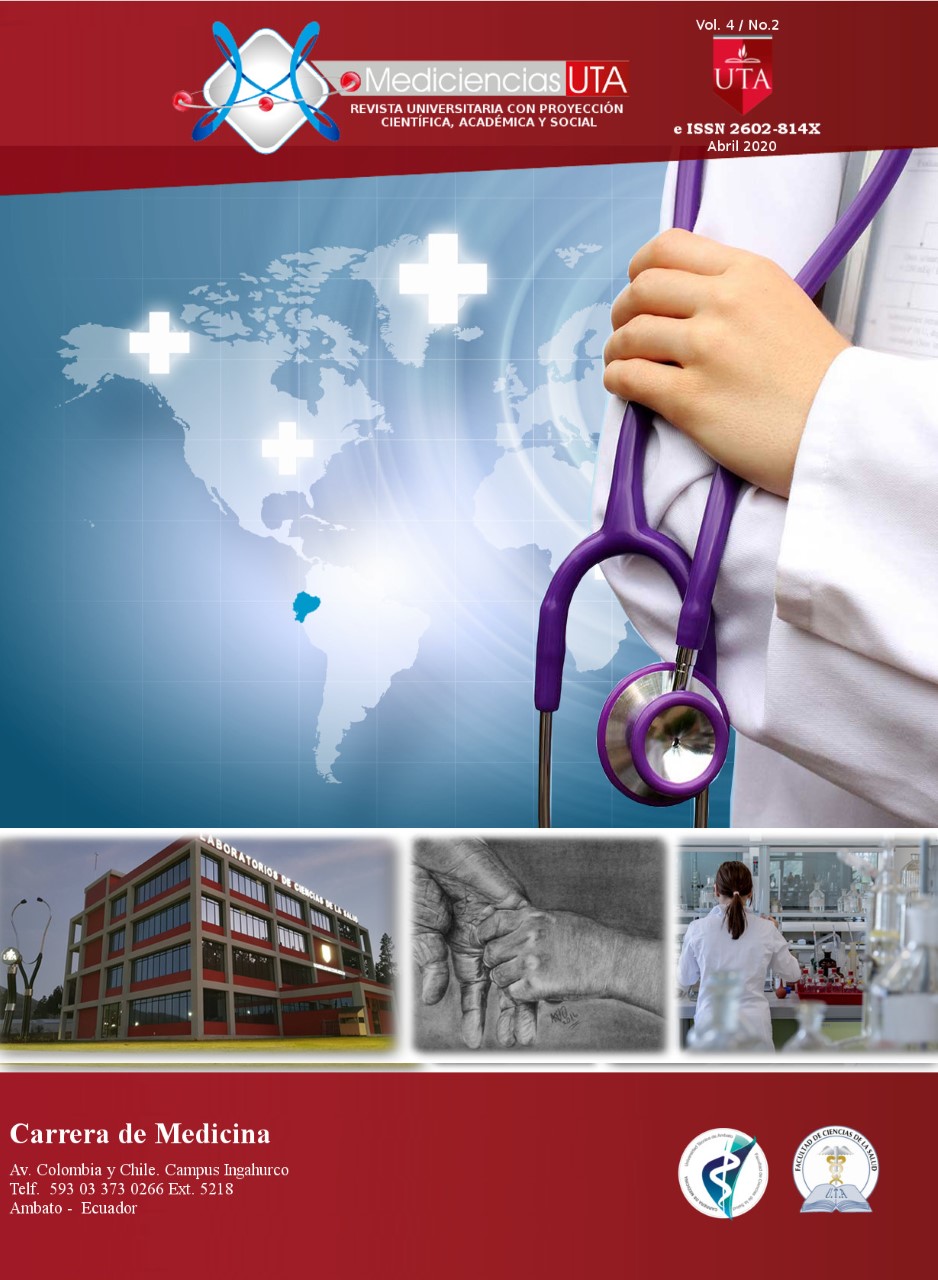Jehovah's Witnesses: A Medical and Surgical Transfusion Challenge
Main Article Content
Abstract
Introduction: The rejection of a blood transfusion and blood products is a specific situation of the patient's
right to any treatment and is based on the principle of autonomy exercised through consent. This right is
tested when vital treatment is rejected, which can cause contraatity and doubts in the professional's
performance. This article reviews ethical principles, religious principles, and medical-legal foundations of the patient and act with legal certainty.
Objective: Identify the biblical foundations of Jehovah's Witnesses for rejection of blood transfusions.
Analyze from a bioethical perspective the conflict of hamotransfusing a patient Jehovah's Witness and its
solution.
Material and methods: A systematic review of the literature and documents of scientific societies devoted to
the study of the controversy over the applicability of the ethics of blood transfusions in Jehovah's Witnesses,
as well as systematic reviews, meta-analysis and scientific studies over the past five years. Search strategy:
Electronic searches were conducted on MEDLINE, EMBASE, LILACS located through PubMed.
Results: The initial search founded 52 studies on the subject, although 32 were excluded that were not
relevant to the purpose of this review. Finally, 12 systematic reviews, 1 original study, 4 meta-analysis, and 3
bibliographic reviews were selected.
Conclusions: Training doctors in blood-saving methods and a better understanding of the religious
foundations of the problem, as well as the ethical aspects and legal framework in our country, can help
improve communication between the doctor and the patient Witness Jehovah, preventing conflicting
situations that in some cases cause a delay in treatment that can negatively impact the patient's health.



